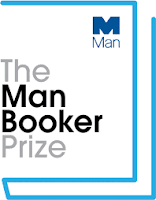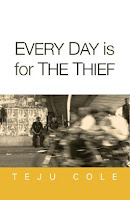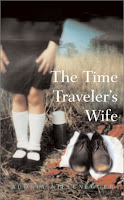Paul Beatty Wins the 2016 Man Booker Prize

Paul Beatty's The Sellout have been announced as the winner of the 2016 Man Booker Prize. This makes Paul the first American to have won the prize since the change in rules in 2015, allowing any book published in English in the UK eligible. According to the Man Booker Prize "The Sellout is a searing satire on race relations in contemporary America", which was "described by The New York Times as a ‘metaphorical multicultural pot almost too hot to touch’, whilst the Wall Street Journal called it a ‘Swiftian satire of the highest order. Like someone shouting fire in a crowded theatre, Mr. Beatty has whispered “Racism” in a postracial world.’" Though the prize has over the years been bogged with controversy - readers keening about its dumbing down (sacrificing literary merit on the altar of readability) and the bolder ones threatening to form another prize , The Man Booker Prize is still an authoritative source for good books, new novelists, and bold n











